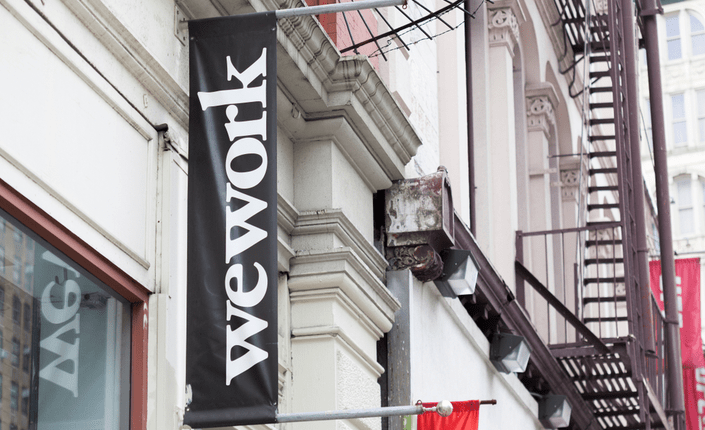
WeWork went from one of the world’s fastest-growing start-ups to bankruptcy almost overnight as the co-working firm flicked its blinkers to change lanes to the public market through its flopped initial public offering. As the company’s reputation slow burns, tech subsidiaries of the firm are aiming to buy themselves back or find new investors, highlighting how investors value profitability over scalability in the proptech sector.
WeWork went from one of the world’s fastest-growing start-ups to bankruptcy almost overnight as the co-working firm flicked its blinkers to change lanes to the public market through its flopped initial public offering. As the company’s reputation slow burns, tech subsidiaries of the firm are aiming to buy themselves back or find new investors, highlighting how investors value profitability over scalability in the proptech sector.
Over the past two years, WeWork spent more than $500 million on tech-related companies with board approval and had acquired between 14 to 20 companies in total. Former CEO Adam Neumann, who later stepped down amid board pressure for shaky corporate governance, had been on a freewheeling spending binge, acquiring companies and other luxuries in excess, according to the firm’s IPO prospectus.
The low-on-cash company nearly fell into bankruptcy had it not been for one of its biggest investors Softbank offering a $5 billion bailout. Now that the company is restructuring, including the sell-off of its subsidiaries, the proptech industry is watching as the story unfolds and deciding whether WeWork serves as a cautionary tale about risk-taking in the sector.
Read more here
Join us February 26-27 for the Property Portal Watch Conference Bangkok 2020.